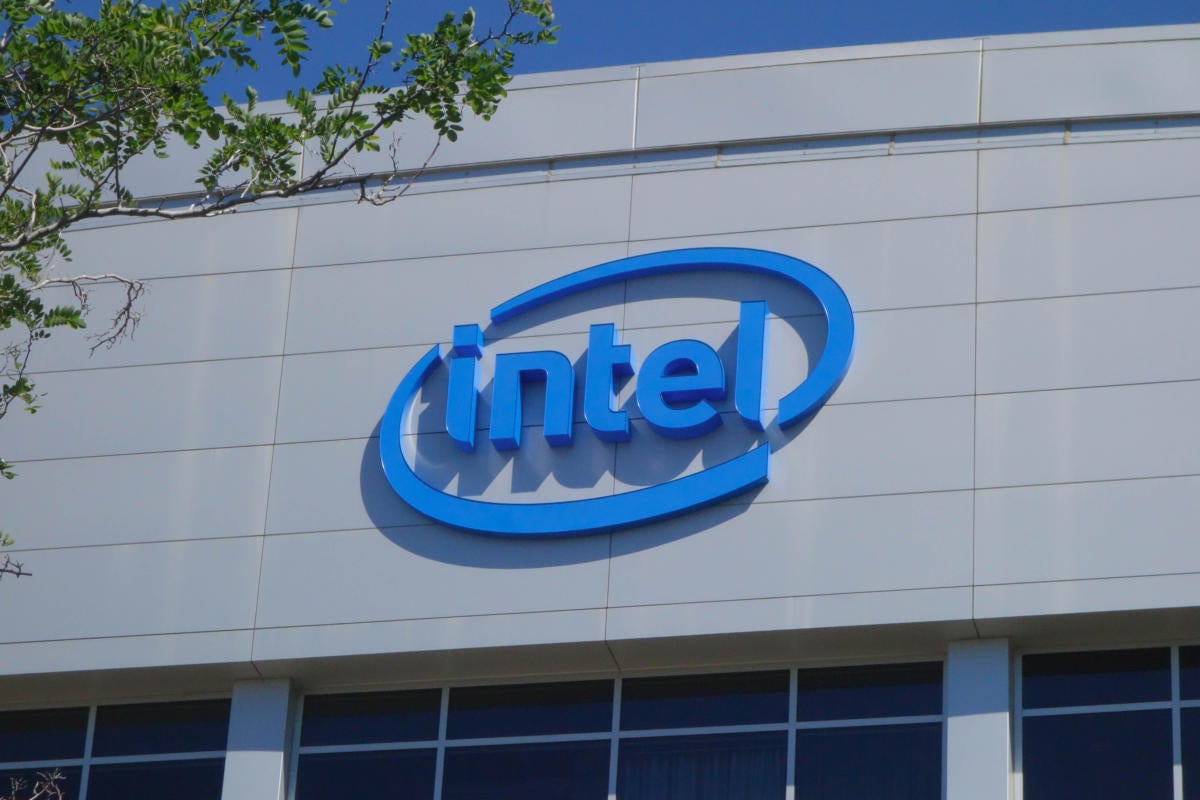- I recommend the Pixel 9 to most people looking to upgrade - especially while it's $250 off
- Google's viral research assistant just got its own app - here's how it can help you
- Sony will give you a free 55-inch 4K TV right now - but this is the last day to qualify
- I've used virtually every Linux distro, but this one has a fresh perspective
- The 7 gadgets I never travel without (and why they make such a big difference)
Intel forced to cut jobs and spending as revenue continues to decline

“A penny saved is a penny earned” seems to be the new motto for Intel—struggling to grow its revenue due to overdependence on PC sales—and is instead looking at an annual spending cut of up to $10 billion a year by 2025.
Intel reported a 20% decline in third quarter revenue to $15.3 billion, and an astonishing 85% decline in profit to $1 billion for the quarter that ended October 1. In the previous quarter, Intel’s revenue declined 22%.
The chipmaker also lowered its annual revenue guidance for the second time this year to $63 billion, down from $65 billion-$68 billion it expected at the end of last quarter, which was lower than the original revenue guidance of $76 billion.
To counter the abysmally low profit, Intel said it’s aiming for $3 billion reductions in expenses in 2023, which it aims to improve to $8 billion to $10 billion in annual savings by the end of 2025.
“This will help improve margin, and EPS and improve its stock price,” said Pareekh Jain, CEO, EIIRTrend & Pareekh Consulting. “However, their overdependence on PC and server segment is their main vulnerability. It didn’t have a footprint in the mobile sector. It has fallen behind in GPU and AI chips behind Nvidia and in server chips behind AMD.”
The cost cutting may also impact thousands of jobs affecting about 20% of Intel’s workforce, according to a Bloomberg report. Intel CEO Pat Gelsinger during an analyst call on Thursday confirmed that headcount reduction is indeed on the horizon but did not share any specifics.
“Inclusive in our efforts will be steps to optimize our headcount. These are difficult decisions affecting our loyal Intel family,” Gelsinger said on Thursday’s call, according to a transcript from Seeking Alpha.
The company’s Client Computing Group, which includes PC chips, generated $8.12 billion in revenue, down 17%. Third quarter PC shipments declined almost 20% according to Gartner, after nearly two years of pandemic-supported rapid growth.
The decline in PC demand is impacting not just Intel but rivals as well. However, Intel is more exposed to demand fluctuations in the PC segment than any of its rivals. Less than a fifth of AMD’s $5.6 billion quarterly revenue, for instance, came from Client segment—which includes revenue from sales of PC and notebook chips—while for the Intel Client Computing Group, revenue stood at more than half of its total income.
But Intel is lagging even in segments that are rapidly growing for rivals—data center and advanced chips. Intel’s Datacenter and AI segment posted a 27% decline during the quarter to $4.21 billion, while AMD’s data center revenue rose 45% in the same quarter. In fact, for the embedded segment, AMD reported a 1,549% increase in revenue. Nvidia, on the other hand ,reported a 61% increase in data center revenue in its last reported quarterly results.
“In data center, we grew slower than the market,” acknowledged Gelsinger. “The data center TAM is holding up better, although enterprise in China continued to show signs of weakness, as do some, but not all, cloud customers.”
While Intel posted massive decline in PC and datacenter units, the picture seemed less dramatic in smaller business units that are fast catching up. The Network and Edge segment for instance, which features networking products, raked in $2.27 billion, growing 14% year-on-year.
Intel’s autonomous-driving technology company Mobileye, which went for an IPO on Wednesday, reported 38% year-on-year growth in revenue at $450 million. Intel continues to control the unit after the IPO.
Similarly, Intel’s Accelerated Computing Systems and Graphics Group grew 8% to $185 million in the quarter.
“One good part of Q3 result is that its R&D spend has increased compared to Q3 last year. They shouldn’t cut R&D spending as it is critical to develop and launch new products in new segments. Cost cutting in either area may be desired to make the company the right size,” Jain said. “With these kinds of results, Intel will face challenges in arranging funds for new foundry and other investments. They roped in Brookfield Asset Management to take a stake in their Arizona foundry. They will have to rely on similar financing models for other foundry investments also.”
Copyright © 2022 IDG Communications, Inc.

